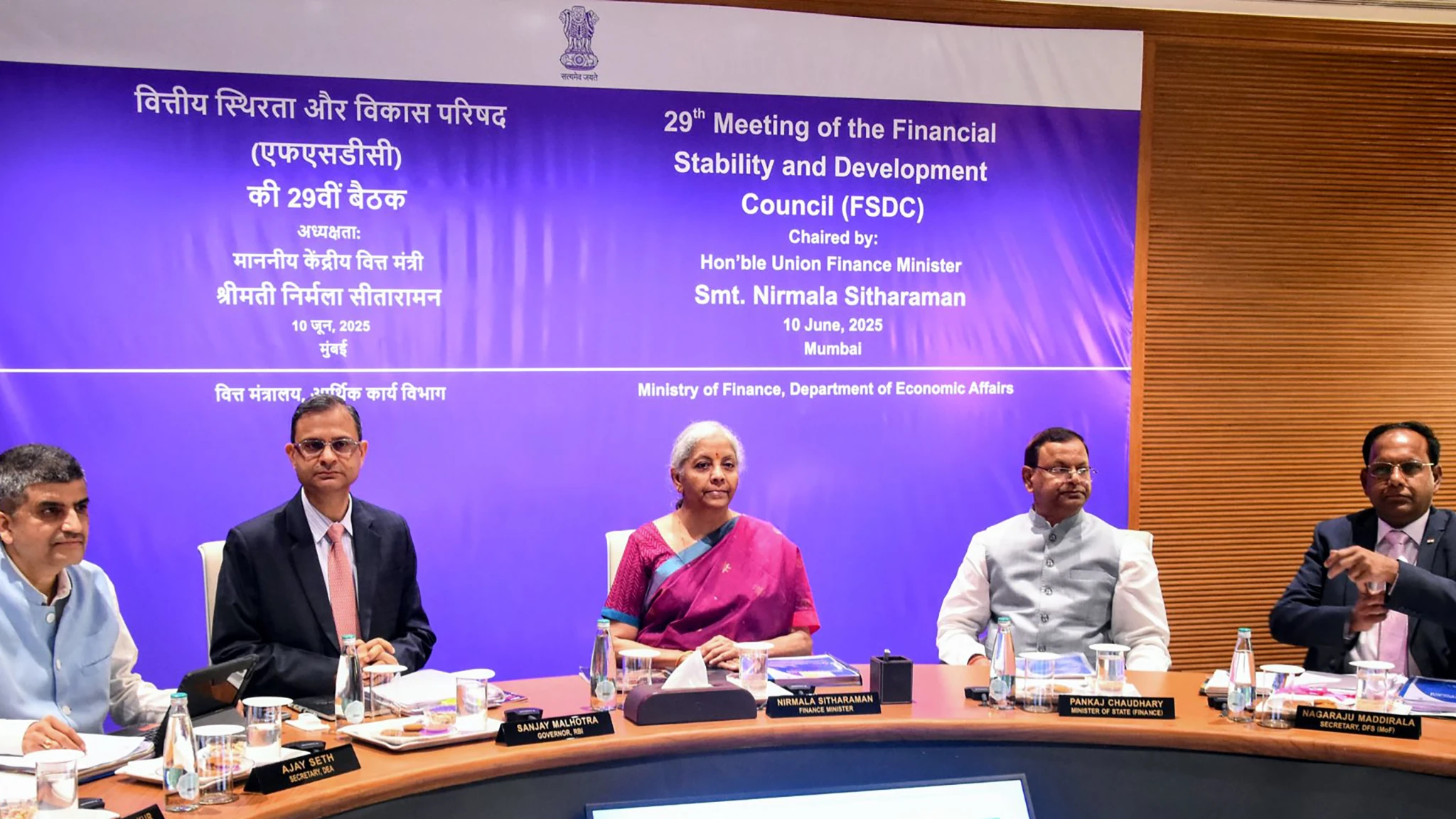The recent uproar over Karnataka’s job reservation policy proposal was a stark reminder of the simmering anxieties around jobs in India. The state government’s attempt to mandate 70% reservation for locals in private sector jobs, swiftly retracted after industry backlash, underscores a deeper malaise – a significant job crunch, especially for the youth. This situation, juxtaposed with the urgent need for economic growth, puts the spotlight on innovative funding avenues for businesses, particularly small and medium enterprises (SMEs), as crucial job creators.
Job Quotas – A Band-Aid Solution?
The Karnataka episode, though quickly defused, throws into sharp relief the desperation to address local joblessness. As highlighted in the India Employment Report 2024 by the ILO and IHD, a staggering 83% of India’s unemployed are under 34. The report clearly indicates a demographic dividend turning into a demographic liability if not addressed effectively. The rush for jobs, exemplified by the 25,000 applicants for 2,600 loader vacancies at Air India, paints a concerning picture. While the impulse behind local job quotas might be understandable – appeasing local vote banks – it is a myopic, and ultimately damaging, approach. Such policies risk alienating investment and stifling economic dynamism, especially in hubs like Bengaluru, known for attracting talent from across the country. It is akin to using a band-aid on a deep wound; it might temporarily soothe, but does not heal.
Funding Fuels Future
Instead of resorting to protectionist measures, a more sustainable and effective strategy lies in fostering an environment where businesses, especially SMEs, can thrive and generate employment. Traditional funding routes are often inaccessible or insufficient for many small businesses. This is where the 20 unconventional funding ideas highlighted by Forbes Finance Council become particularly relevant. From private debt funds and crowdfunding to leveraging customer advances and even tapping into family and friends’ idle cash, the options are diverse and adaptable. These innovative approaches, particularly revenue-based financing and social impact investments, can be game-changers. They democratise investment, allowing a wider pool of individuals and institutions to support and benefit from burgeoning businesses. Encouraging subscription models and limited-edition product strategies can also provide crucial early-stage capital. Ultimately, a robust ecosystem of funding mechanisms is essential to empower Indian entrepreneurs and SMEs to expand, innovate, and, most importantly, create jobs.
What is the path forward? Focusing on creating a conducive business environment, simplifying regulatory processes, and promoting awareness of these unconventional funding methods is paramount. For India to truly harness its demographic potential and alleviate job market pressures, nurturing a vibrant and well-funded SME sector is not just desirable, it is indispensable.
Image Courtesy: X (Cunomial)










Leave a Reply